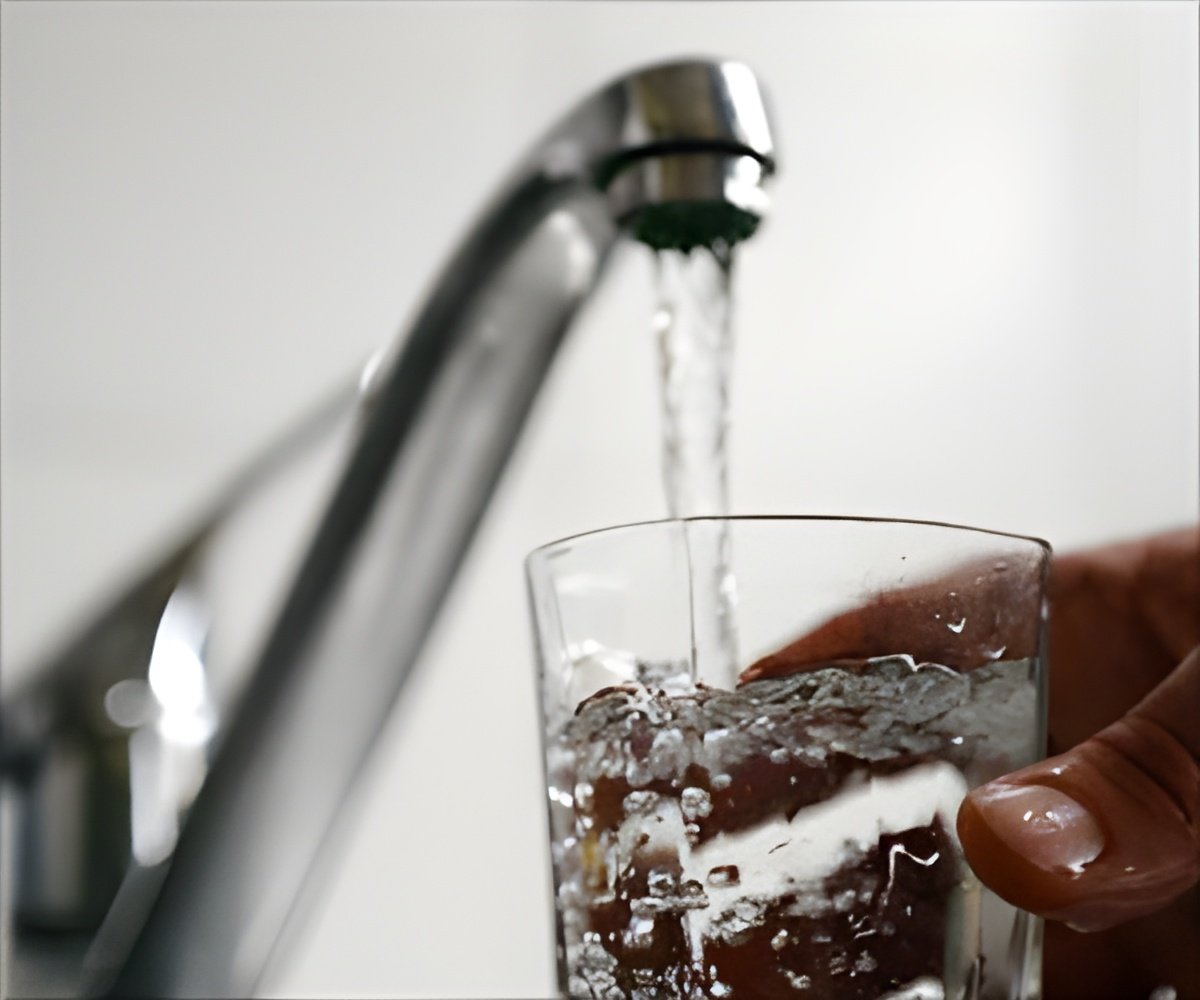Hydration boosts energy, skin health, brain function, and digestion for overall well-being.

Outcomes in Randomized Clinical Trials Testing Changes in Daily Water Intake
Go to source) “For such a ubiquitous and simple intervention, the evidence hasn’t been clear and the benefits were not well-established, so we wanted to take a closer look,” said senior and corresponding author Benjamin Breyer, MD, MAS, the Taube Family Distinguished Professor and chair of the UCSF Department of Urology.
‘#Hydrate, Heal, and Happy! Drinking more #water can ease recurrent #headaches. #Hydration #waterbenefits’





Significant Benefits of Water Consumption on Clinical Outcomes
“The amount of rigorous research turned out to be limited, but in some specific areas, there was a statistically significant benefit,” Breyer said. “To our knowledge, this is the first study assessing the benefits of water consumption on clinical outcomes broadly.”The study, which analyzed 18 randomized controlled trials, appears in JAMA Network Open.
The researchers found the most evidence in favor of drinking water to prevent kidney stones and to help people lose weight.
Drinking eight cups of water a day significantly decreased the likelihood of getting another kidney stone.
Several studies found that drinking about six cups of water a day helped adults lose weight. But a study that included adolescents found that drinking a little more than eight cups of water a day had no effect.
Advertisement
Other studies indicated that water can help prevent migraines, control diabetes and low blood pressure, and prevent urinary tract infections.
Advertisement
Drinking an additional six cups a day of water also helped women with recurrent urinary tract infections. It reduced the number of infections and increased the amount of time between them.
And drinking more water helped young adults with low blood pressure.
“We know that dehydration is detrimental, particularly in someone with a history of kidney stones or urinary infections,” said Breyer, who is a member of the UCSF Department of Epidemiology and Biostatistics. “On the other hand, someone who suffers from frequent urination at times may benefit from drinking less. There isn’t a one size fits all approach for water consumption.”
Reference:
- Outcomes in Randomized Clinical Trials Testing Changes in Daily Water Intake - (https://jamanetwork.com/journals/jamanetworkopen/fullarticle/2827021)














